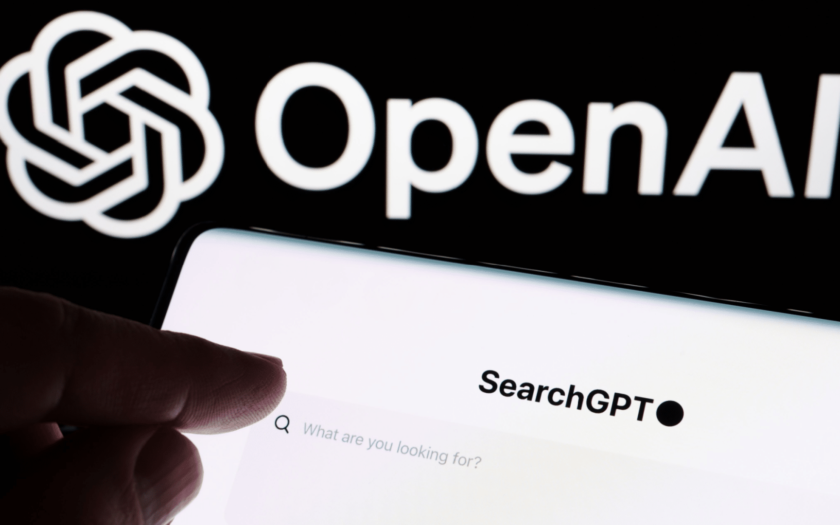Integrating videos, infographics and interactive elements into your content will enhance its value for SearchGPT.
Although for AI, descriptive text may become less necessary for multimedia content because it can understand imagery, it’s still important for your media to be well-labeled and contextually enriched.
This is to ensure your content remains inclusive and accessible to all end users, as well as being accessible and relevant to AI models, improving its effectiveness in AI-driven searches.
Dig deeper: Visual optimization must-haves for AI-powered search
3. Earned media will remain important
SearchGPT is likely to prioritize high-authority publications, meaning digital PR and thought leadership may become even more important.
What’s more, at least right now, SearchGPT seems to link out to content creators more than Google does, which may offer brands increased opportunities to boost awareness and traffic.
OpenAI’s recent partnerships with Conde Nast, The Associated Press and Vox highlight the value of content creators and underscores their role in the success of AI-powered search.
Marketers should consider targeting high-visibility content sources used by SearchGPT to enhance brand inclusion in its responses.
Developing relationships with authoritative publications and focusing on earned media can improve your chances of being featured in valuable AI-generated content.
4. High-quality content still rules them all
SearchGPT places a premium on relevant, up-to-date information, making consistent content optimization essential.
High-quality content is critical for maintaining audience engagement and increasing the likelihood of being referenced by SearchGPT. This focus on quality can drive more traffic and enhance engagement, providing a competitive edge for your brand.
Regular updates and accuracy are key to retaining relevance in the AI-driven search landscape. That means more traffic and engagement on your site and ultimately, a competitive edge as a brand.
Dig deeper: 6 guiding principles to leverage AI for SEO content production
5. Adapt your analytics and metrics
Marketers should consider tracking visibility through prompts and brand mentions within LLM responses – tracking a collection of prompts you believe your potential customers will be using rather than traditional rankings.
Traditional metrics like click-through rates (CTR) and page rankings will also become less relevant with AI-driven search.
Marketers should focus on new metrics like the accuracy of AI-generated answers that reference their content, user engagement levels and the impact of AI on brand visibility.
Metrics like these will provide better insights into how effectively your content is performing in the age of SearchGPT.
SearchGPT: The next evolution in AI-powered search
SearchGPT is new but it’s already clear that the future of digital marketing is going to be much more conversational and will move away from the traditional 10 blue links from Google. We’re still advising our clients that standard SEO best practices remain relevant.
However, brands that are not invested in earning high-quality media coverage and links through digital PR should consider adding this to their 2025 budget.
OpenAI will likely prioritize authoritative publisher content to answer AI search queries over a brand’s own website – and you don’t want to miss out on this “fast-paced evolution.”
This article was co-authored by Steve Walker.
Contributing authors are invited to create content for Search Engine Land and are chosen for their expertise and contribution to the search community. Our contributors work under the oversight of the editorial staff and contributions are checked for quality and relevance to our readers. The opinions they express are their own.
